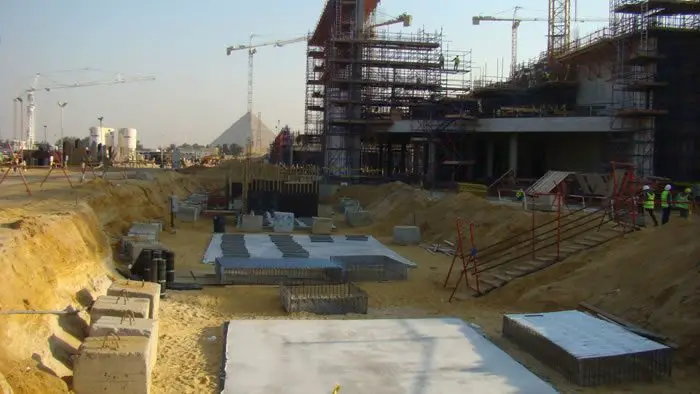The Egyptian government’s push to increase petroleum prices may push the costs of building materials up according to the Arabian Group Chairman Mr. Tarek Shoukry. The government has already reduced subsidies outline in the 2014/2015 fiscal year budget, a move that has led to the price rise of steel and cement, among other building materials. The price of cement rose by 40% in one year.
According to Shoukry, market demand for building materials will also increase once the UAE’s Arabtec begins construction of the 1 million units in a project to be executed in cooperation with the Armed Forces. Shoukry has said that this increase in demand will push the price of building materials to a final 30% increase.
The current president of Egypt had agreed to set up the 1 million units for the youth before becoming president of Egypt. Notably, he was the head of the country’s armed forces.
CEO of the Egyptian Federation for Construction Mr. Hassan Abdelazi has also expressed the concern saying that the lifted prices of petroleum products is also likely to increase transport costs and threaten increase of final real estate prices.
Shoukry added that the current price of a square metre of land in New Cairo was EGP 2,800 to 4,000 EGP excluding non-construction costs, and was increasing. “It is EGP 4,500 if paid with facilities.” He added. While taking into account the construction units, finishing costs and other expenses such as marketing administrative and expected profits on liquidity, the cost is EGP 10,000 per metre.
Shoukry expressed optimism that Egypt’s stability in relation to presidential election will cause an increased demand for property among property developers as they continued with investments and previously suspended projects or entering into new projects such as in social housing.
Shoukry has also said that the expected increases could last for seven years. The delay in fall of these prices will result due to the fact that there is no expected fall in raw material prices. Concerns have been raised that energy subsidies could eat up to 20% of public expenditure, which would cause increase in prices according to Egyptian Steel Chairman Mr. Ahmed Abou Hashima.

